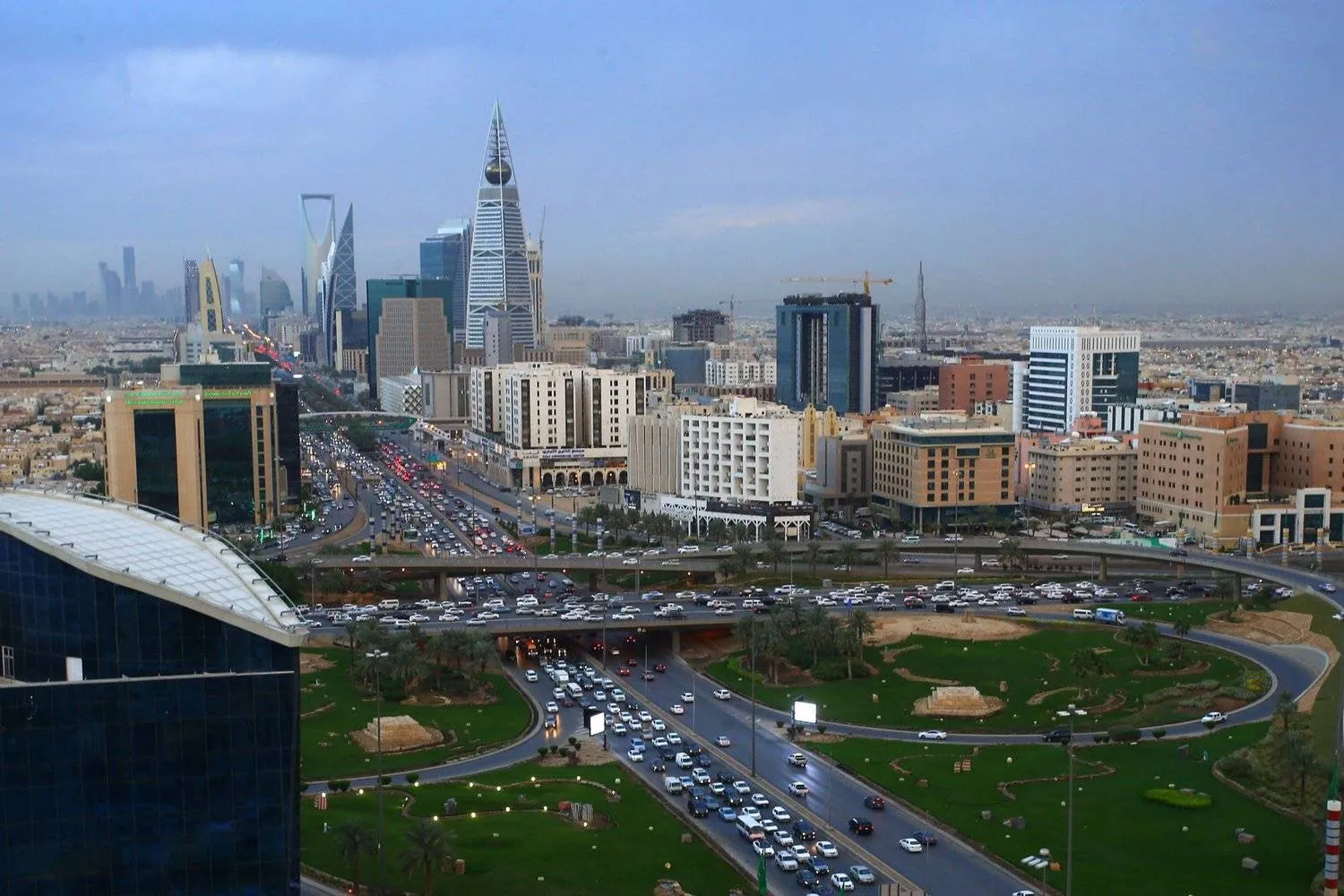Northern Trust Corp. has become one of the first major global financial institutions to establish its regional headquarters in Riyadh, which strengthens the Saudi government’s efforts to have international companies manage their operations in the Middle East from the Kingdom.
The American financial services company, which manages assets worth $1.3 trillion, obtained a license from the Saudi Ministry of Investment to establish its Middle Eastern base in Riyadh.
Speaking to Bloomberg, a company spokesman said that Northern Trust continues to achieve “significant growth” throughout the region through its offices in Abu Dhabi and Riyadh, explaining that the establishment of the regional headquarters for the Middle East and North Africa region in Saudi Arabia reflects the continued investment in infrastructure, capabilities and expertise in the region.
The Kingdom announced on Tuesday that it would provide a new tax incentive package for a period of 30 years to foreign companies whose regional headquarters are located in the Kingdom, including exemption from income tax.
The Saudi News Agency (SPA) said that the Ministry of Investment - in coordination with the Ministry of Finance and the country’s Zakat, Tax and Customs Authority - announced “the provision of a new tax incentive package, for a period of 30 years, to support the program to attract the regional headquarters of international companies.”
This step comes to “encourage and facilitate the procedures for international companies to open their regional headquarters in the Kingdom of Saudi Arabia,” the agency added.
The Regional Headquarters Program was launched in 2021, which is a joint initiative between the Ministry of Investment and the Royal Commission for the City of Riyadh, which calls on international companies to move their regional headquarters to Saudi Arabia, to transform the country into a leading regional hub for multinational companies.









